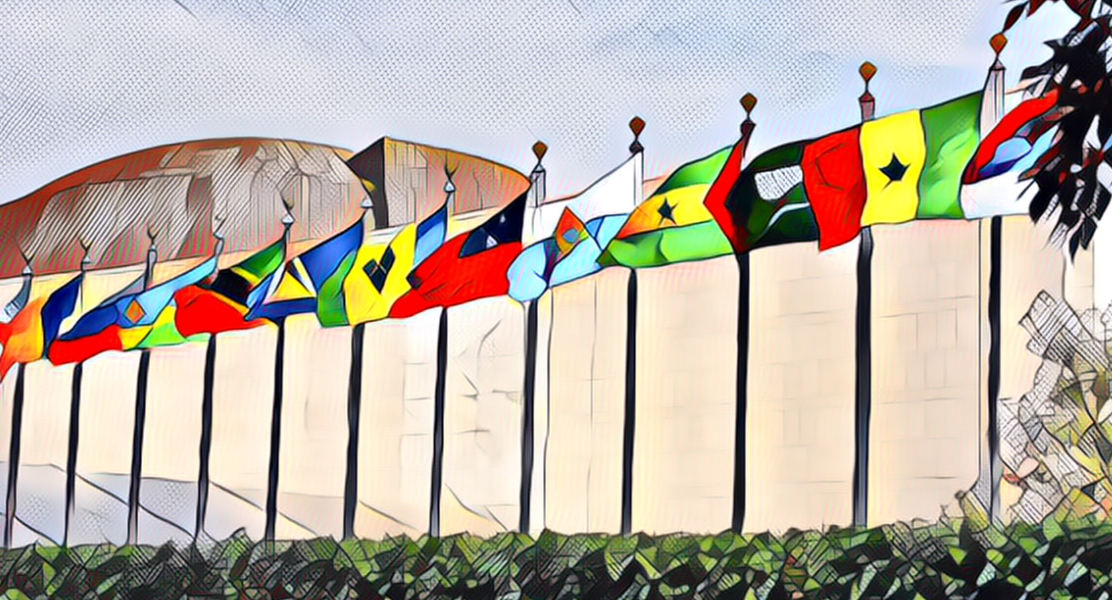U.S. commission warns of deteriorating international religious freedom conditions

The U.S. Commission on International Religious Freedom (USCIRF) highlighted worsening conditions for religious freedom in many parts of the world in its annual report, released earlier this month. The Commission – created by Congress in 1998 as a bipartisan advisory body – makes annual recommendations regarding U.S. international religious freedom policy, including which countries should make the State Department’s list of Countries of Particular Concern (CPC) — a designation of the most egregious violators of religious freedom.
This year, the report recommends that all 12 of the countries named as CPCs by the U.S. back in November (Burma, China, Cuba, Eritrea, Iran, Nicaragua, North Korea, Pakistan, Russia, Saudi Arabia, Tajikistan and Turkmenistan) remain on the list.
The Commission was especially concerned about deteriorating conditions in Iran, which was featured on the cover of the report:
The cover of this year’s U.S. Commission on International Religious Freedom (USCIRF) annual report honors the Iranian women and girls who have been at the forefront of the ongoing protests for greater freedom in Iran and have faced extreme and violent consequences for their participation. Iranian authorities’ systematic use of sexual and gender-based violence against them represents a purposeful weaponization of religious conceptions of purity, modesty, and gender hierarchy in an effort to shame Iranians out of peacefully asserting their fundamental right to religious freedom.
…
During 2022, in addition to its repression of protesters, Iran’s leadership continued to target members of the Baha’i, Christian, Gonabadi Sufi, Zoroastrian, Yarsani, Sunni Muslim, Shi’a Muslim, and nonreligious communities with harassment, arrests, egregiously long prison sentences, multiyear internal exiles, or bans on participating in political and social activities. . . . USCIRF urges the administration of President Joseph R. Biden to continue to coordinate international action to lift the veil of impunity under which Iran’s leadership continues to operate.
Also of note was the report’s sobering remarks regarding Nigeria, which the commission urged the State Department to return to the CPC list:
In 2022, religious freedom conditions in Nigeria remained poor, with both state and nonstate actors committing particularly severe violations of religious freedom. While some officials worked to address drivers of religious freedom violations, others actively infringed on the religious freedom rights of Nigerians, including by enforcing blasphemy laws. Criminal activity and violent armed group incidents impacting religious freedom worsened.
In addition to Nigeria, the commission recommended India, Afghanistan and Syria for addition to the CPC list.
In addition to the country-by-country analysis, the report also examines relevant U.S. policy, including the treatment of asylum seekers under the Expedited Removal process. The commission expressed “serious concerns that the United States is erroneously returning asylum seekers to countries where they could face persecution or torture in violation of both U.S. and international law… .” The report recommends that the Biden administration strengthen the U.S. Refugee Admissions Program “to increase the ability to meet the admissions ceiling for refugees in FY 2023, and prioritize for resettlement survivors of the most egregious forms of religious persecution.”
You can read the USCIRF report here. The State Department’s annual report on international religious freedom is expected later this summer. CPC designations typically are issued near the end of the year.




